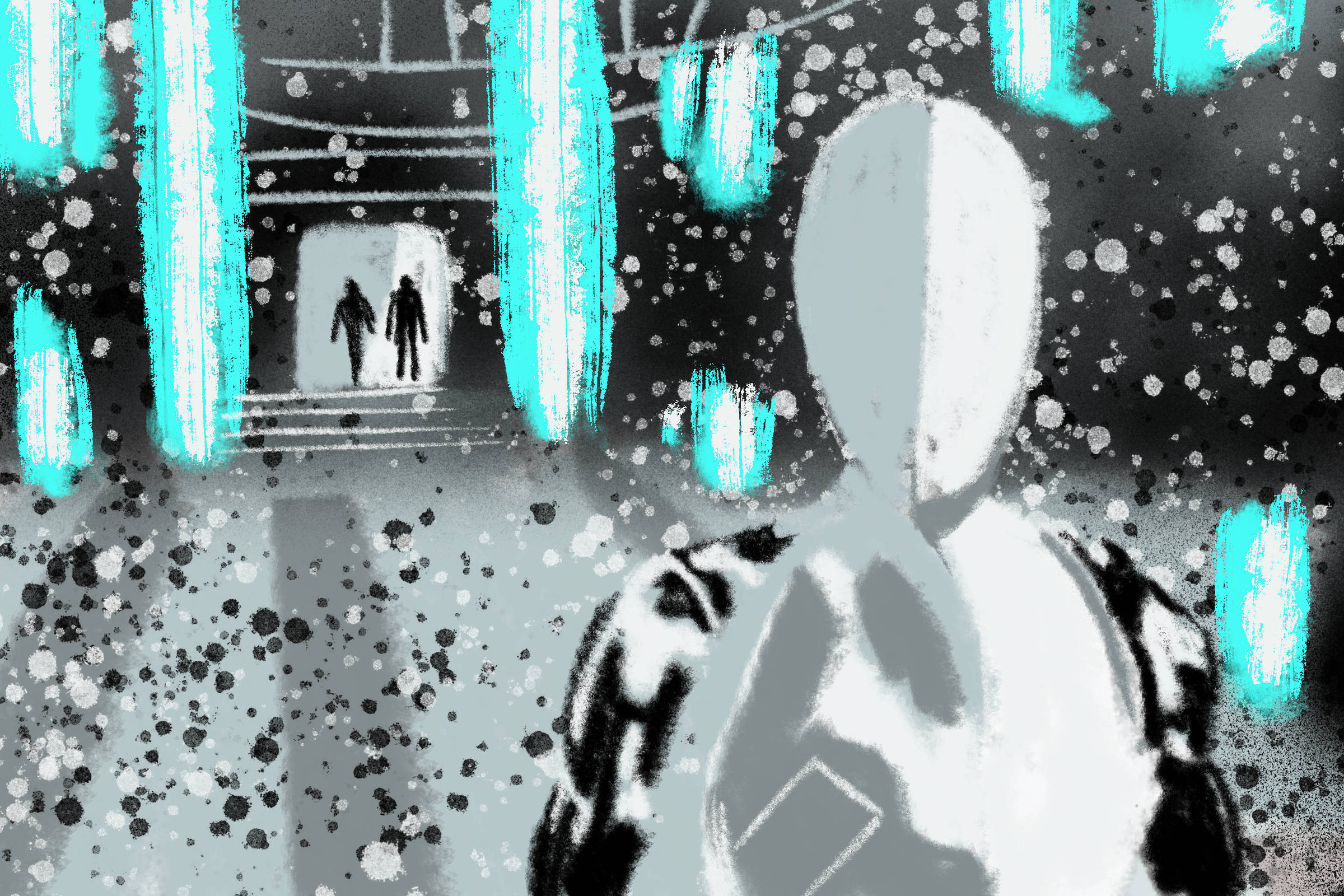Without the weight of law, the primary documents that provide guidelines for the use of artificial intelligence act as recommendations.
"If there is no law, you are waiting for companies to invest without having any benefit or punishment," said Renato Rocha Souza, a professor at FGV and a researcher at the Austrian Academy of Science.
"Guidelines have to actually guide, rather than just being wishful statements," said Dutch researcher Kanta Dihal, from the University of Cambridge. She cites the European data protection law, GDPR, as a good example. "It works really well because it is very specific and there is a mechanism in place for holding people accountable."
The EU (European Union), for example, has published one of the main guidelines on the subject but recognizes that its document represents only a starting point for discussions.
Other international organizations have released similar materials. Among them are OECD (Organization for Economic Cooperation and Development), Unesco, IEEE (Institute of Electrical and Electronics Engineers), and the World Bank.
Tabitha Goldstaub, the co-founder of CognitionX (specialized in connecting companies to AI specialists for consultancies), completed a survey that mapped more than 100 documents with guidelines for safe and ethical adoption of AI, coming from companies, governments, and other entities.
Italian philosopher Luciano Floridi, a professor at the University of Oxford and one of the world's leading thinkers on technology and ethics, criticizes how generic these documents are and says that many are just "better than nothing." He said, however, that we are moving in the right direction.
"We need to do a lot more. That's why, the true guidelines are made by governments, organizations, or international institutions," he said. The need now is to translate these general principles into practical policies.
For the Greek Konstantinos Karachalios, managing director of IEEE-SA (Institute of Electrical and Electronics Engineers Standards Association, which develops global standards for different industries), the challenge of adopting intelligent systems is so great that one organization wouldn't be able to do all the work alone.
Translated by Kiratiana Freelon
